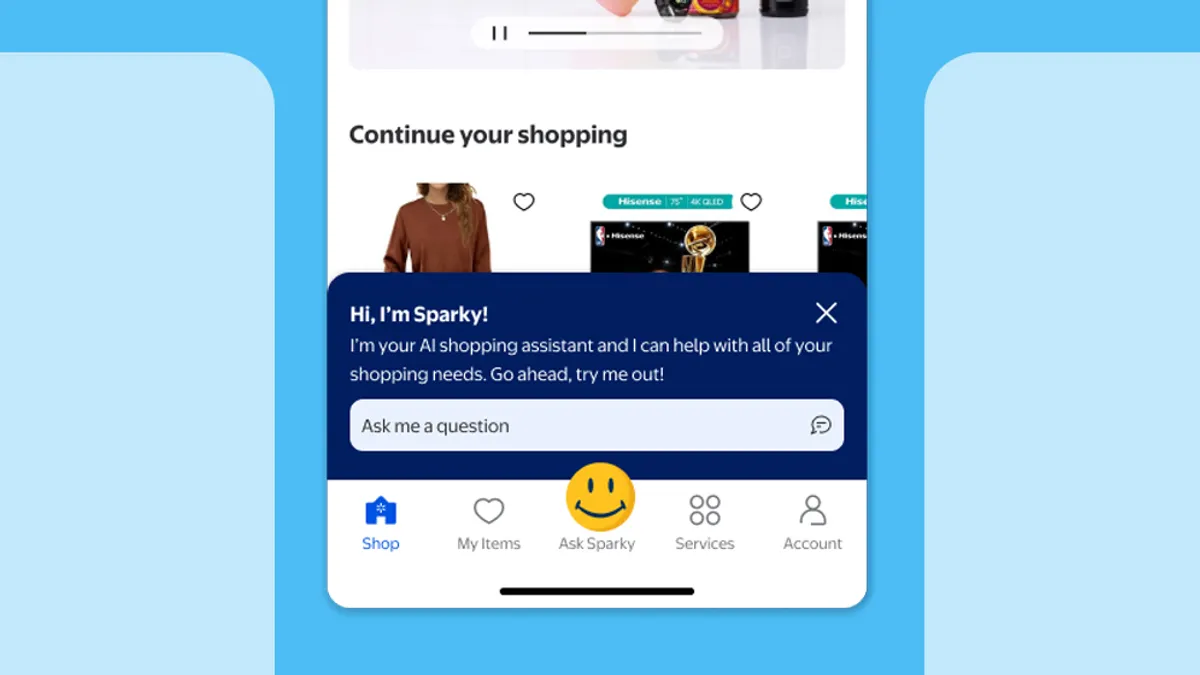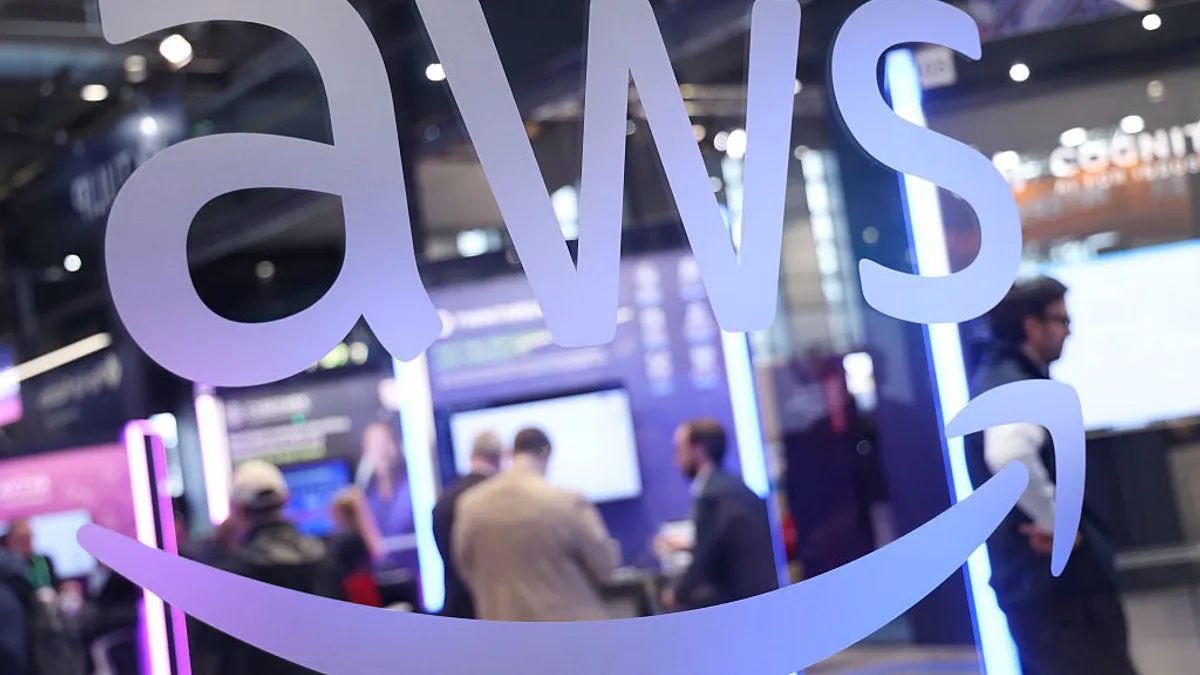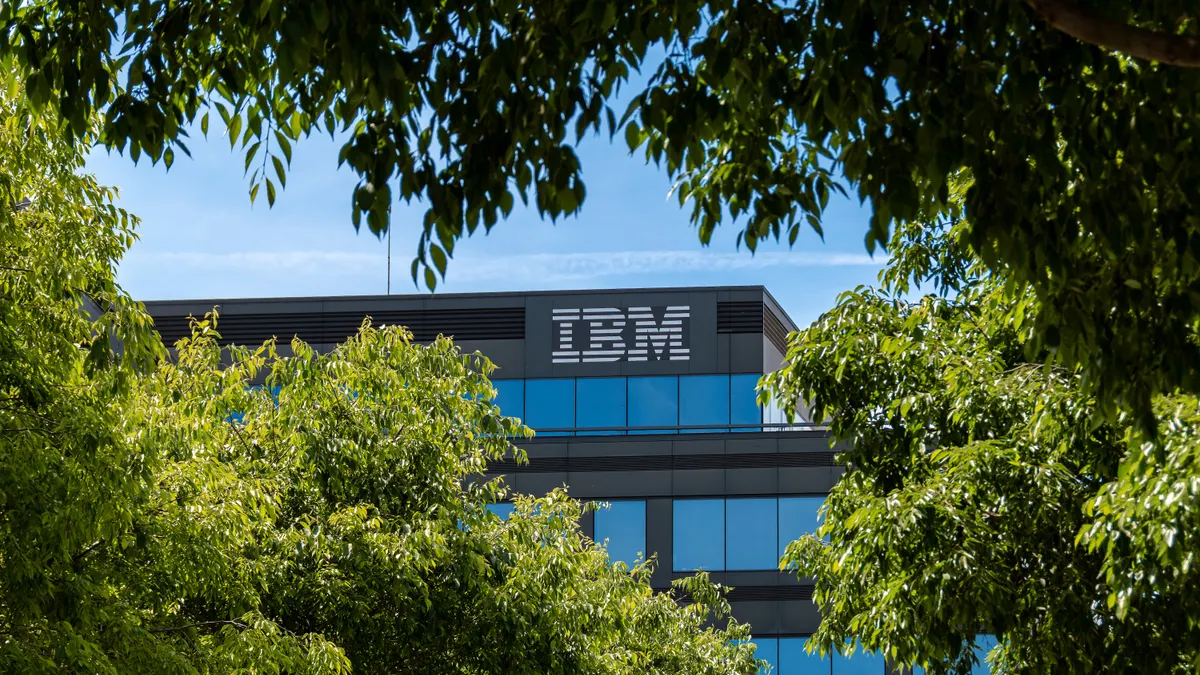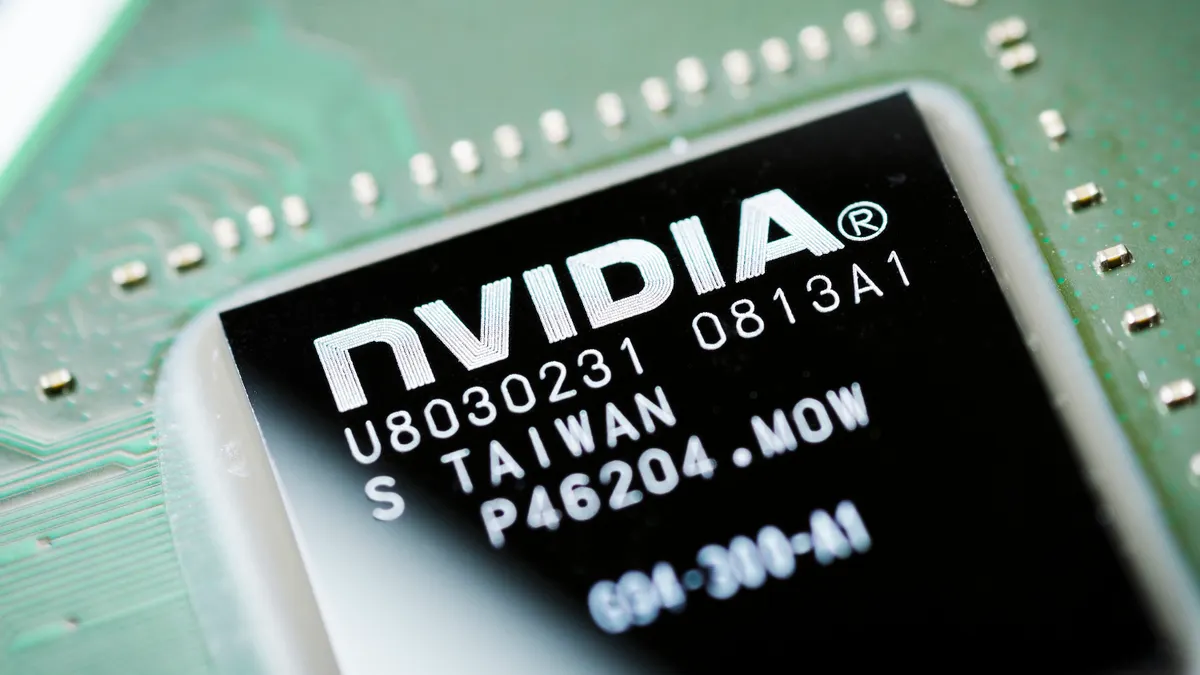Marriott International is executing a multiyear digital and technology transformation plan that aims to retool the company, replace systems and develop a cloud-native innovation fabric to accelerate modernization.
The company’s technology teams are simultaneously helping to scale high-priority generative AI use cases and exploring where AI agents could bring benefits down the road, according to Naveen Manga, global chief information officer at Marriott.
“We’re in deep discovery with agents,” Manga told CIO Dive. “We have an agentic mesh capability that we’re building in our horizontal AI architecture, and we’re looking at use cases.”
The agentic layer will allow Marriott to create capabilities once and reuse them in multiple places. It’s core to the company’s AI playbook and part of its model-agnostic chassis, Manga said.
Automating high-cost processes and improving experiences are two key priorities. The goal is to move associates away from manual, repetitive tasks to focus on better serving guests.
“We’re looking at those capabilities to fix outdated processes, but we’re definitely not in any pilot with agentic,” Manga said. “We’re always experimenting with emerging technologies with both ambition and caution.”
Enterprises have high hopes of streamlining processes and improving workflows with AI agents, but there are plenty of unknowns accompanying the nascent technology. Fast movers are expected to face roadblocks, with Gartner predicting more than 40% of enterprise AI projects will be scrapped by the end of 2027.
“We want this tech to be powered by trust,” Manga said. “We want to deploy technology that is responsible, ethical and lawful.”
Security focus
Most enterprises are exploring opportunities but not ready for widescale implementation as tech foundations get upgraded.
Better cybersecurity and technology is a priority for Marriott, which owns 30-plus hotel and timeshare brands, including MGM Collection, Westin and The Ritz-Carlton.
“Marriott’s cybersecurity strategy spans governance, risk management, operations, and compliance, and using the right AI tools and technology are a key part of that strategy,” Manga said. “We continuously monitor the landscape as AI is a fast-evolving space. We remain committed to creating a culture of education and the responsible, ethical, and lawful use of AI.”
The sustained focus comes after the Federal Trade Commission settled a yearslong investigation into a series of Marriott breaches in October, requiring the Maryland-based company to make a number of data privacy improvements.
“As part of the resolutions with the FTC and the State Attorneys General, Marriott will continue implementing enhancements to its data privacy and information security programs, many of which are already in place or in progress,” Marriott said in an October statement.
The company is beginning to see its efforts around replatforming and cloud come to fruition, following several years of higher-than-historical investment.
“As of this week, we’ve begun the beta launches of our technology,” Manga said in late August, referring to the new central reservation system, property management system and loyalty system. About six hotels have beta access, and the phased launch will continue over the next 18 months.
“From the onset, we’ve told our 800,000 associates that are going to use our technology that we’re not going to build it for you; we’re going to build it with you,” Manga said. “We created end-user councils, and we brought them along the journey.”
Manga has helmed the initiative, joining the multinational hospitality giant in 2021 as global chief technology officer before assuming his current role a few months ago.
“In the new role of CIO, I’m also responsible for the technology department, the broader technology budget and our related aspirations for the company,” Manga said. “We have not backfilled the CTO role, nor do we have plans to. The head of technology is the CIO role.”
‘Ruthless prioritization’
In the era of AI everywhere, CIOs have had to polish off their project prioritization techniques.
Marriott devised a four-part framework to guide its AI efforts, focusing on trust, accountability, prioritization and human-centered innovation.
“We set out by creating our AI principles and governance policies right out of the bat,” Manga said. “We use the governance that we’ve established in our company as the backbone to ensure that every AI use case is safe and reliable.”
The company has a few buckets of use cases: create, find, analyze and automate. Each unlocks different value for the company and are in service of guests, associates and owners or franchisees.

“We pilot first, then we adapt, then we refine before we scale our solutions to the global portfolio,” Manga said. “It’s about ruthless prioritization.”
Earlier this year, Marriott conducted an initial pilot of Microsoft’s 365 Copilot with about 100 associates across different disciplines, Manga said. Now, the company is rolling it out to thousands of its workers for meeting summaries and transcriptions, among other use cases.
Marriott is also closely monitoring an AI-powered trip planning tool that a number of Bonvoy members have access to. Later this quarter, the company plans to expand its access to hundreds of associates.
The hospitality company has boosted SEO traffic to its website by using generative AI to generate content as well. Other use cases include an AI coach for contact center agents.
“In the past experiments, we were building these enterprise use cases and vertically integrating them into the technology stack. What we've learned is that for us to really get a faster speed to market — because we're looking at 10 use cases for 2025 — we don’t want to build each of these projects independently,” Manga said, referring to the in-progress, model-agnostic technology architecture.
The governance framework guiding these efforts is about three years in the making — and Manga expects it to not stay the same forever.
“It’s going to change and continuously iterate,” Manga said.






















